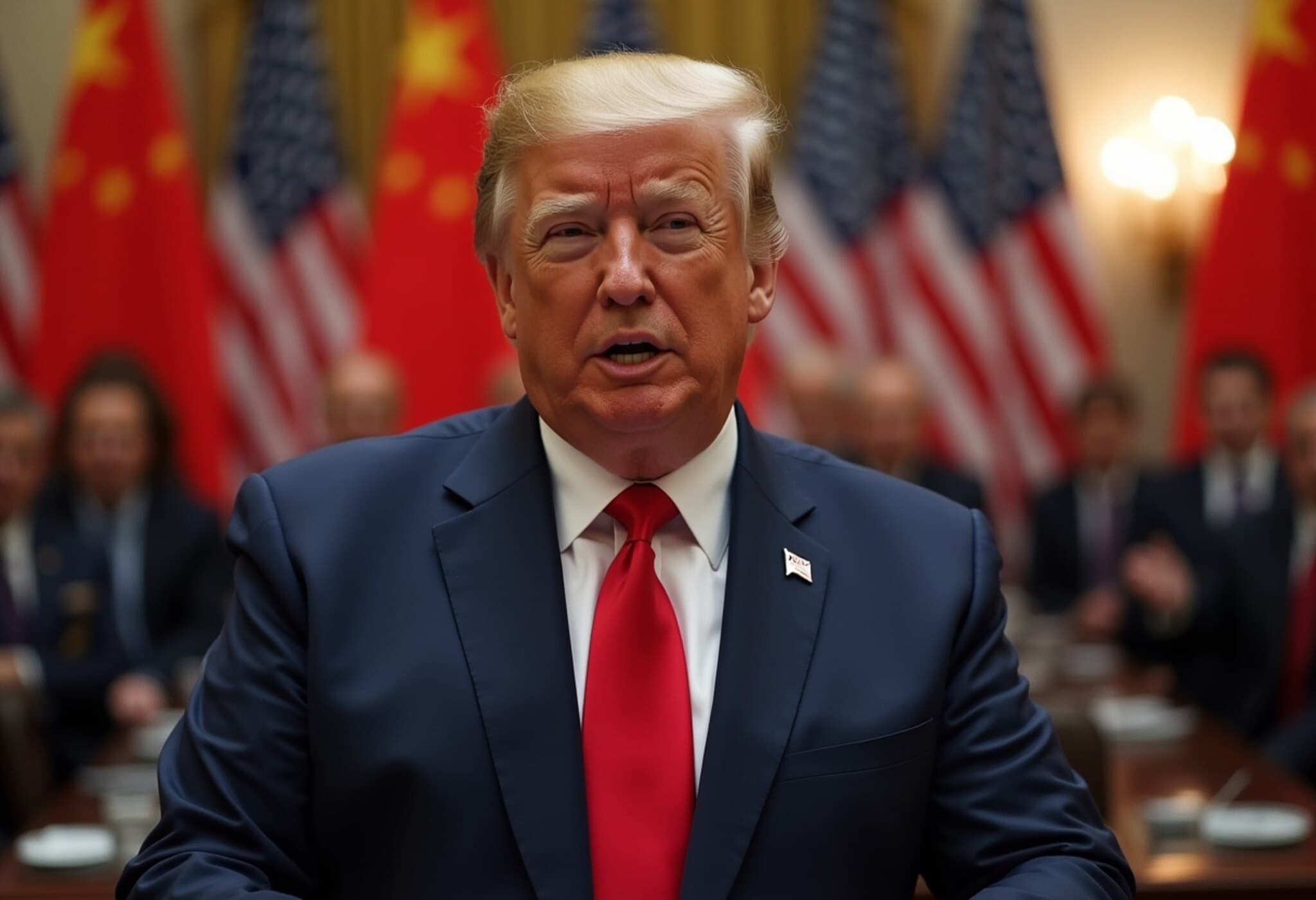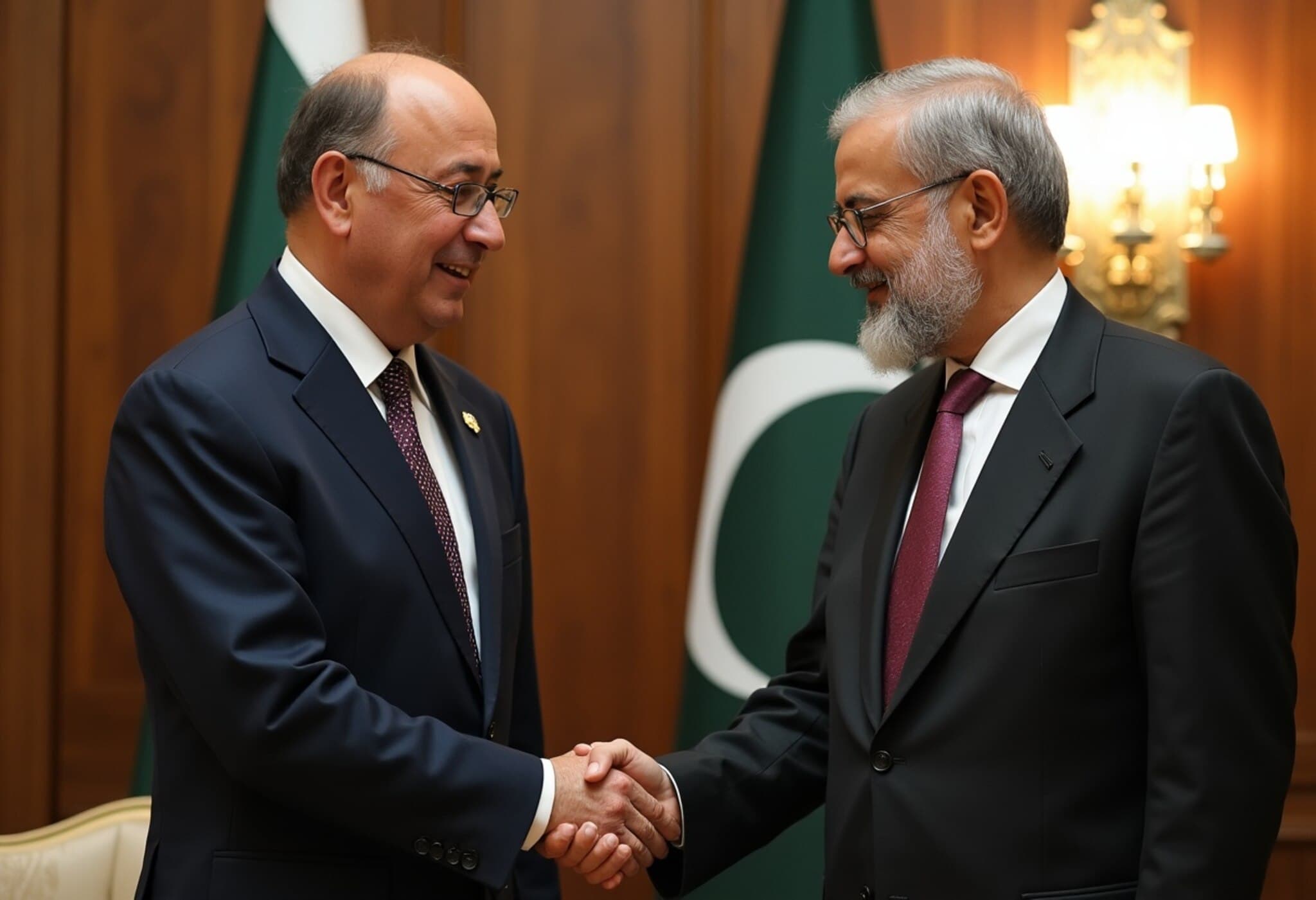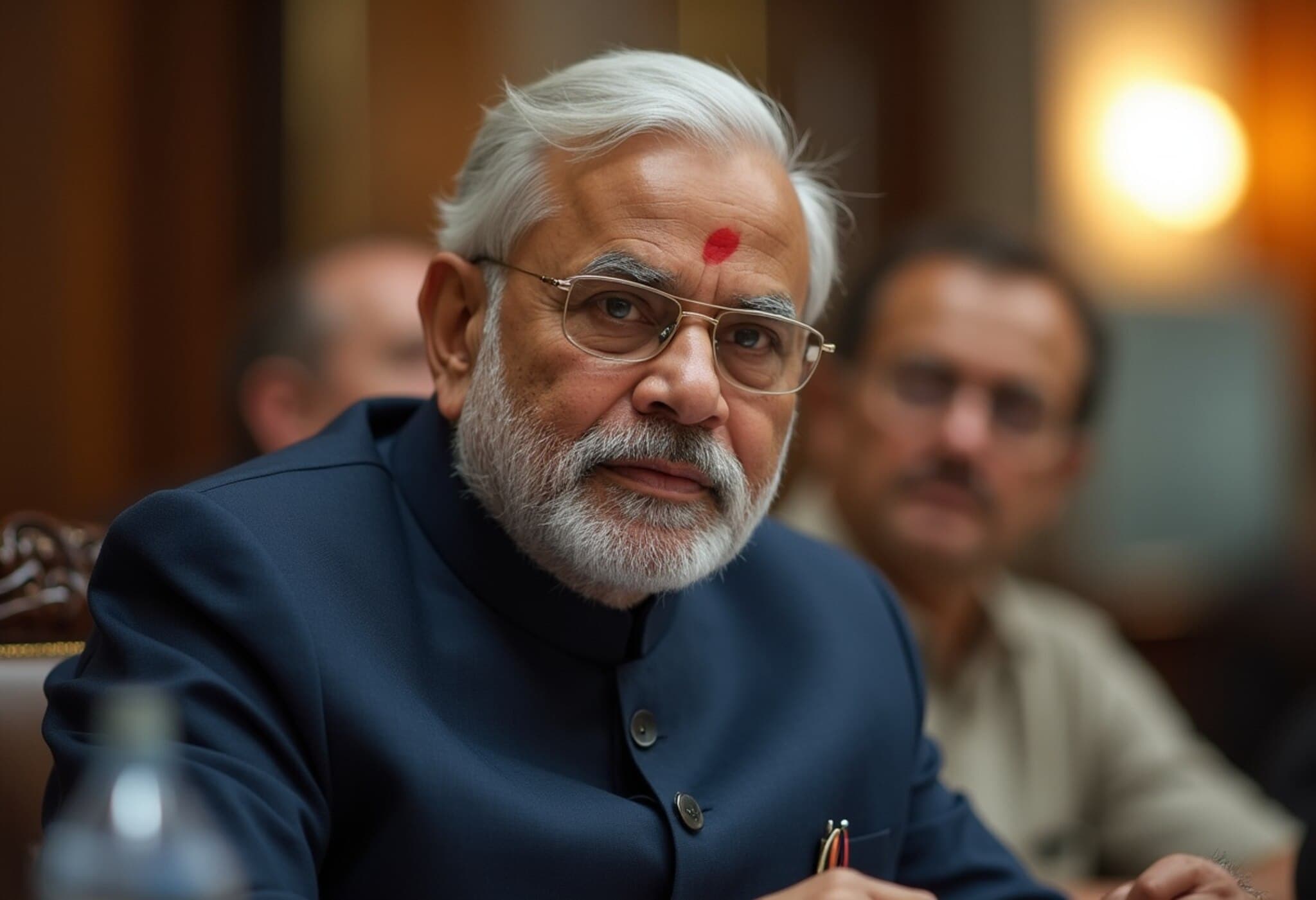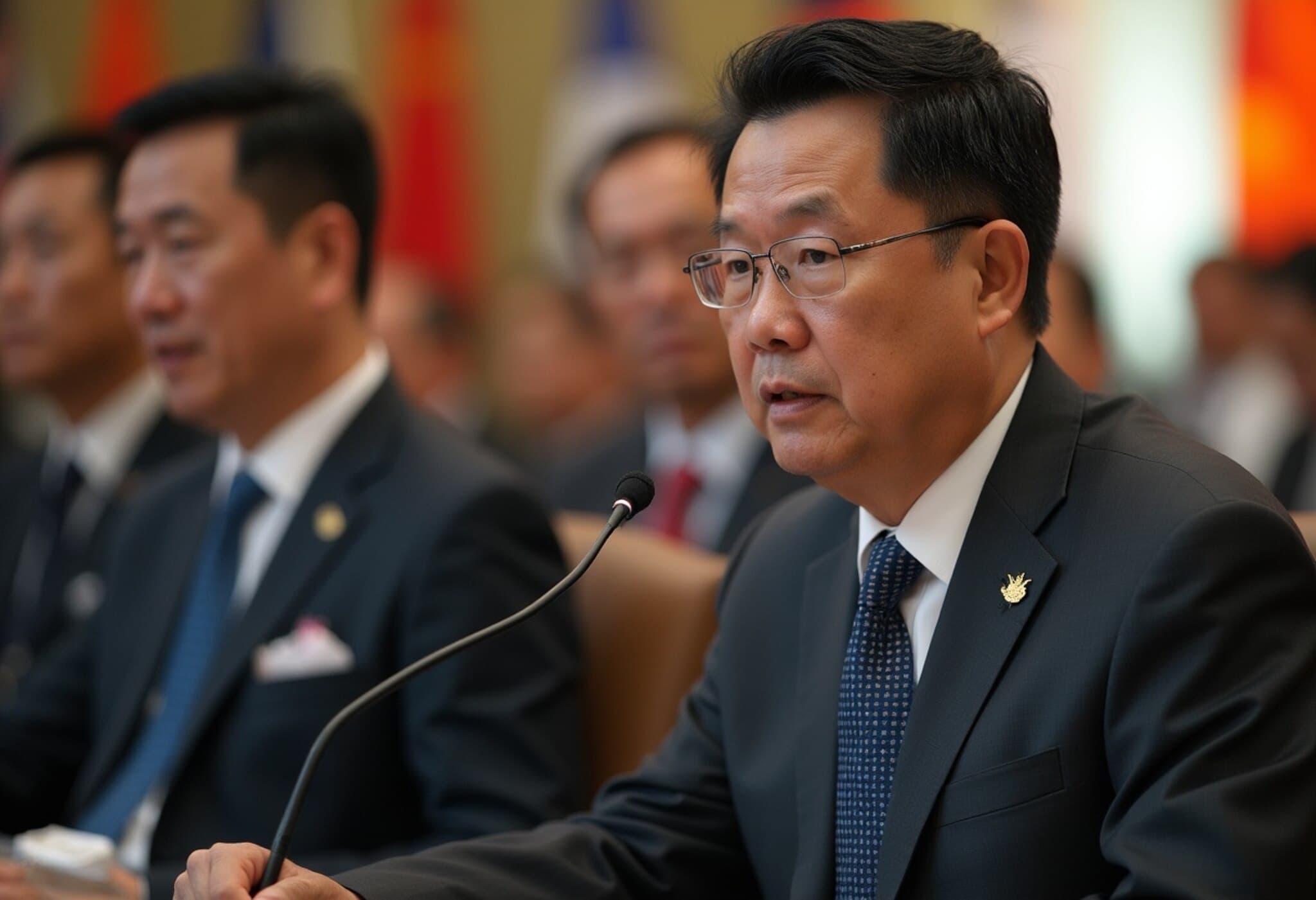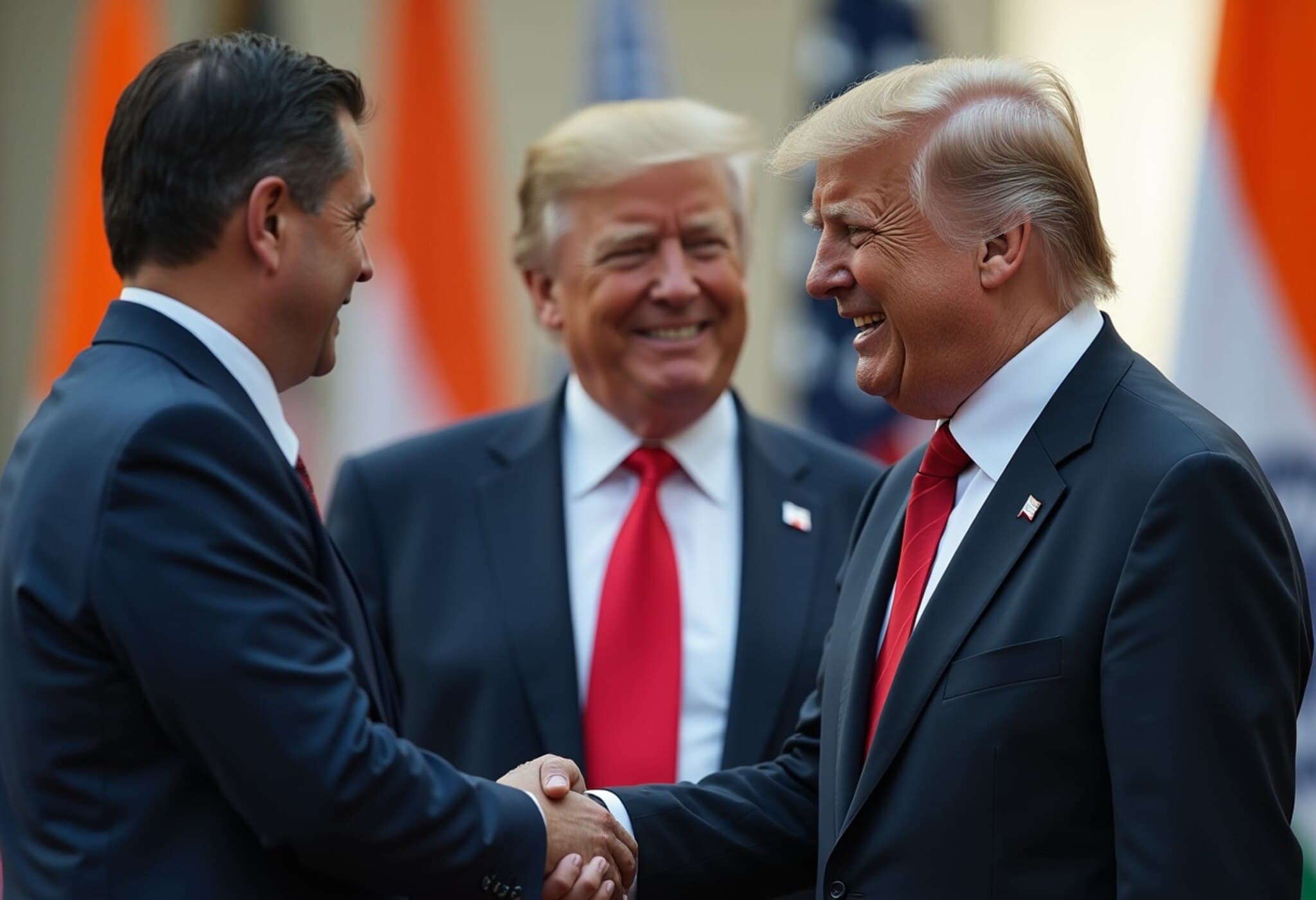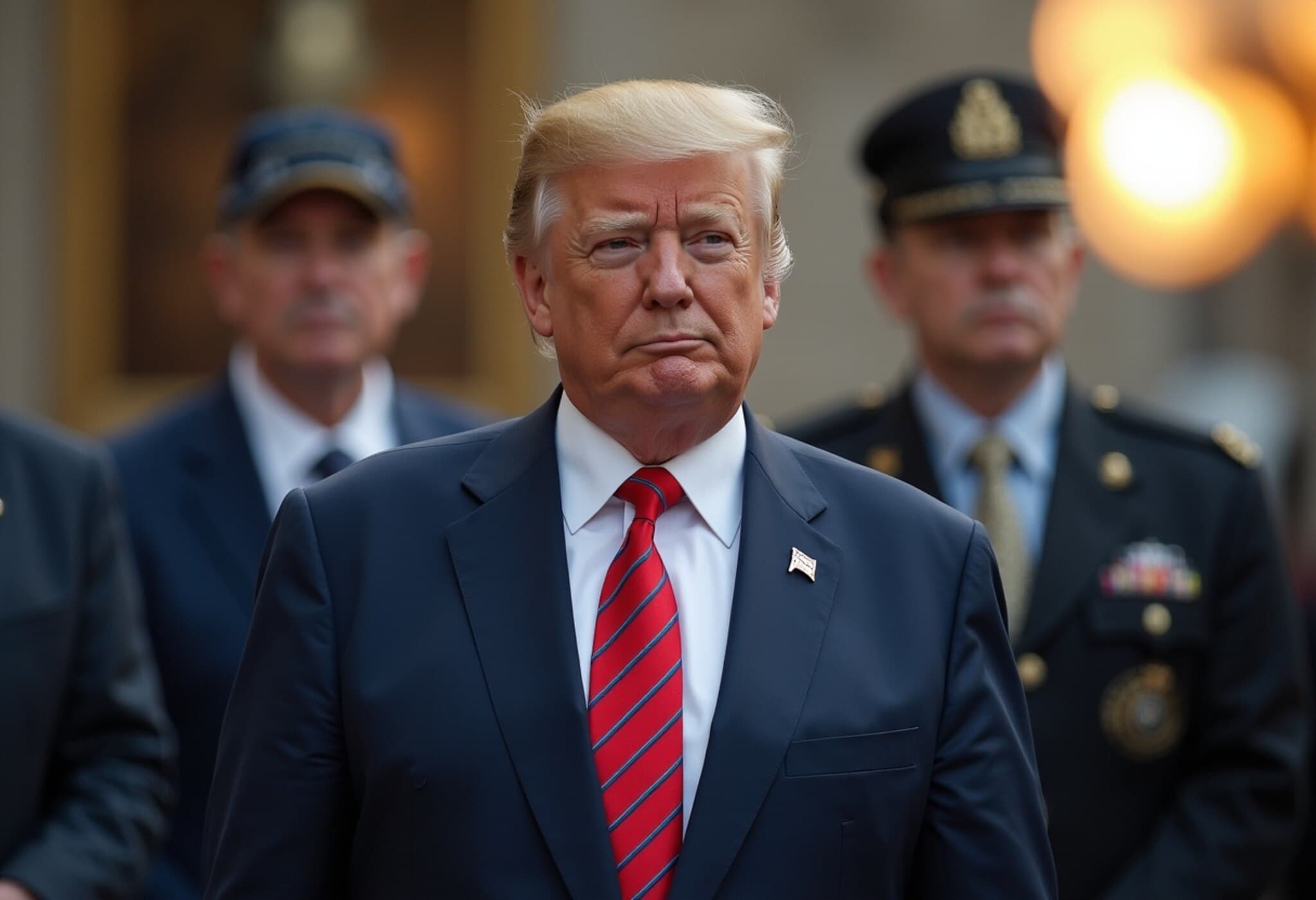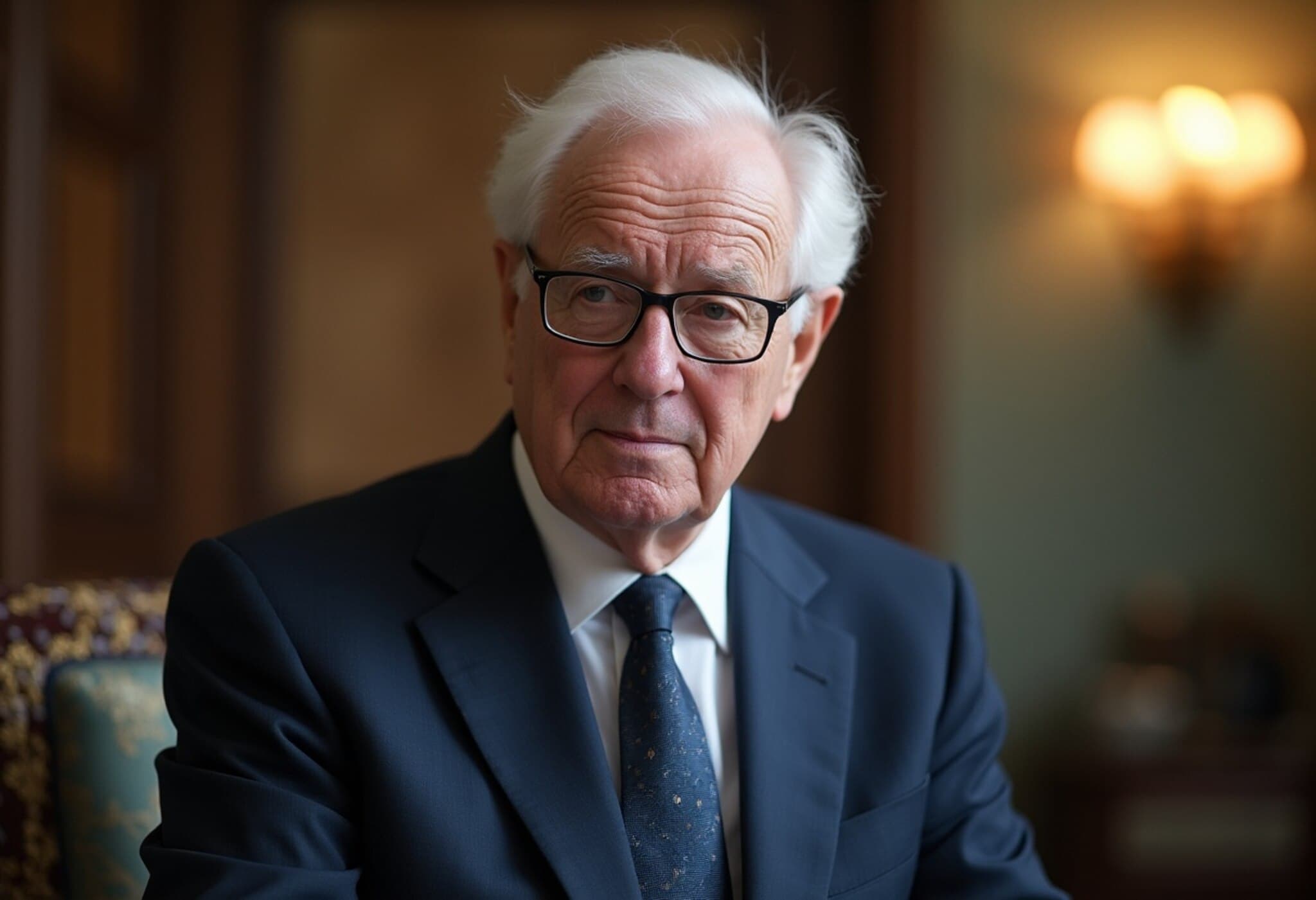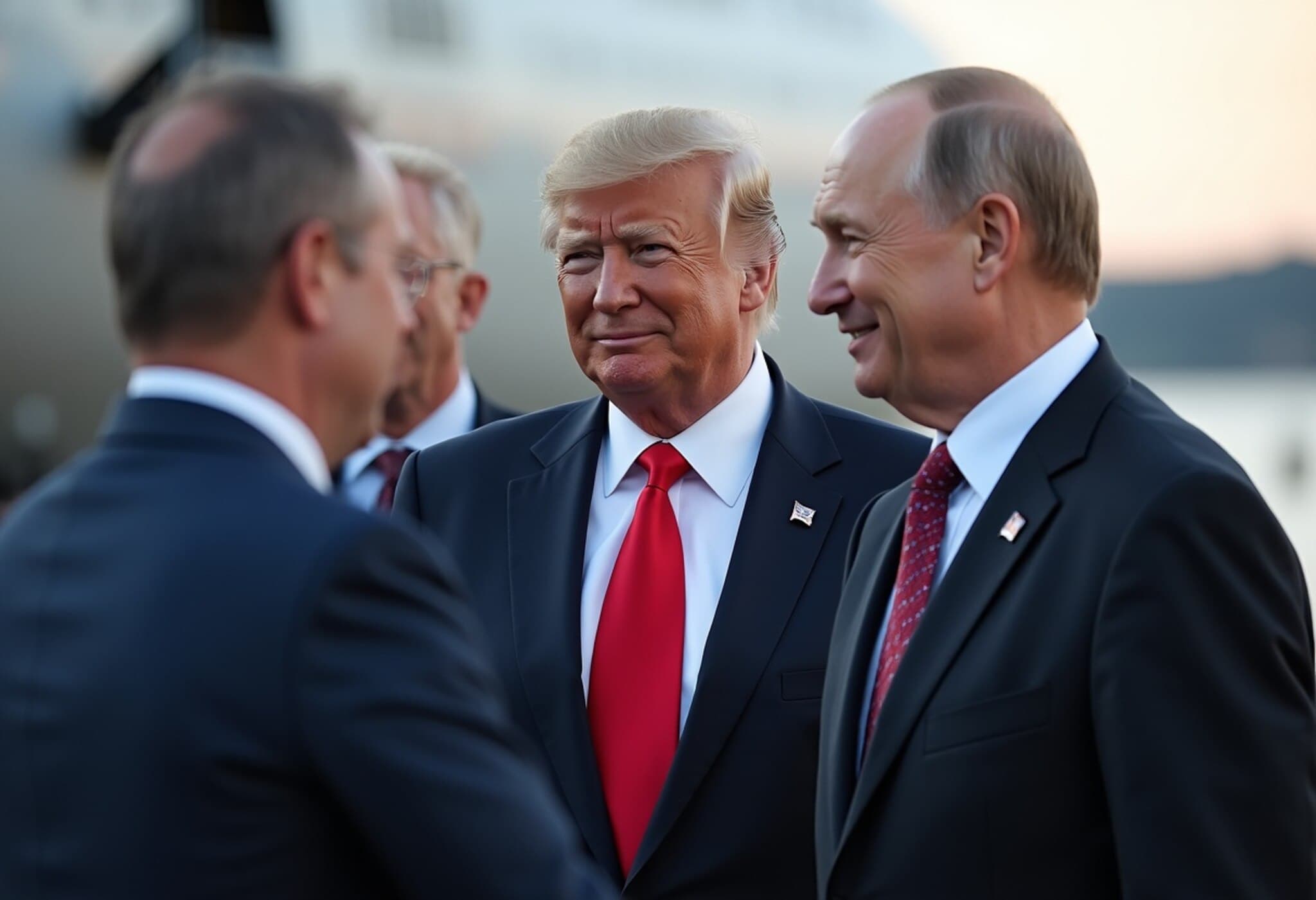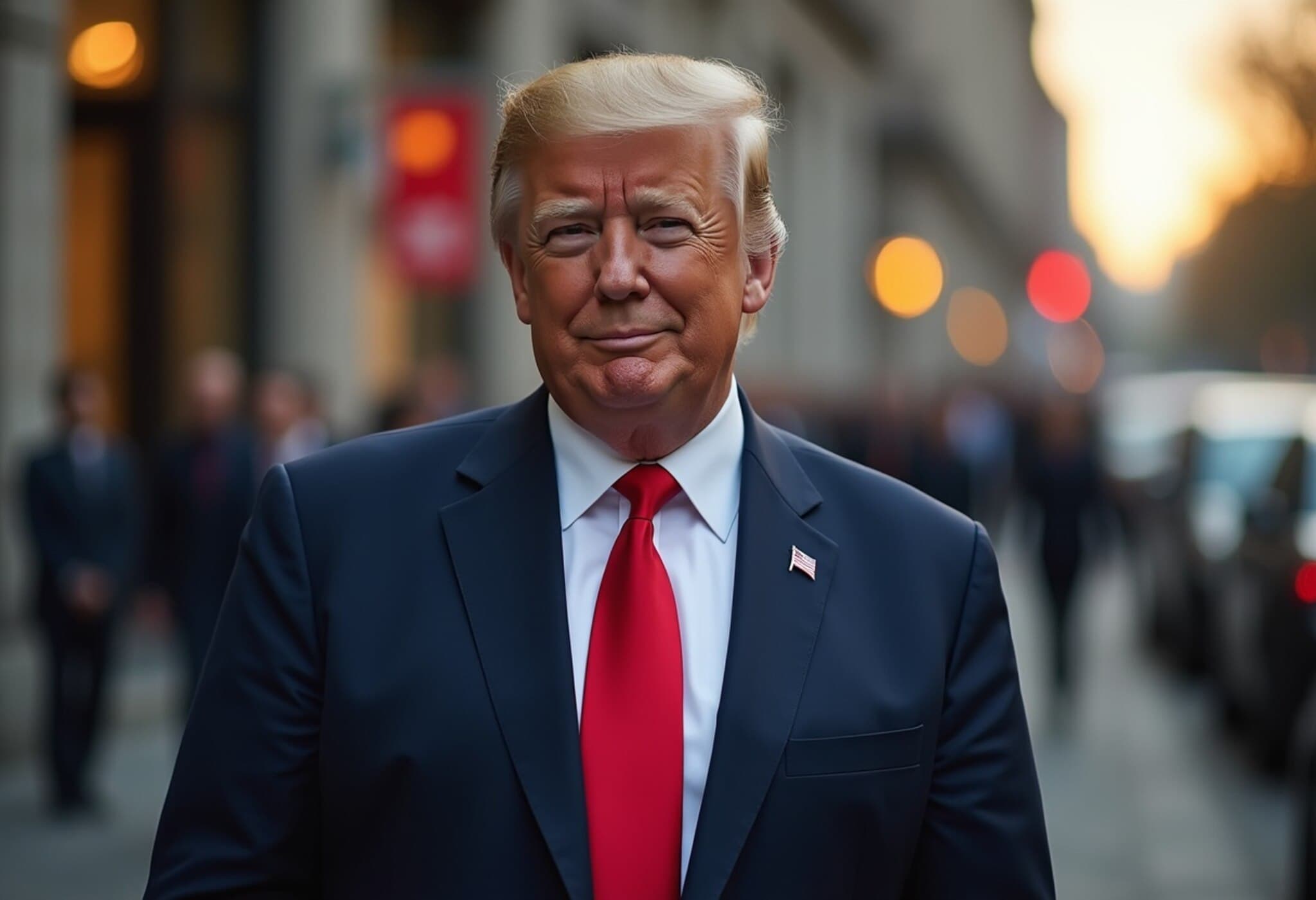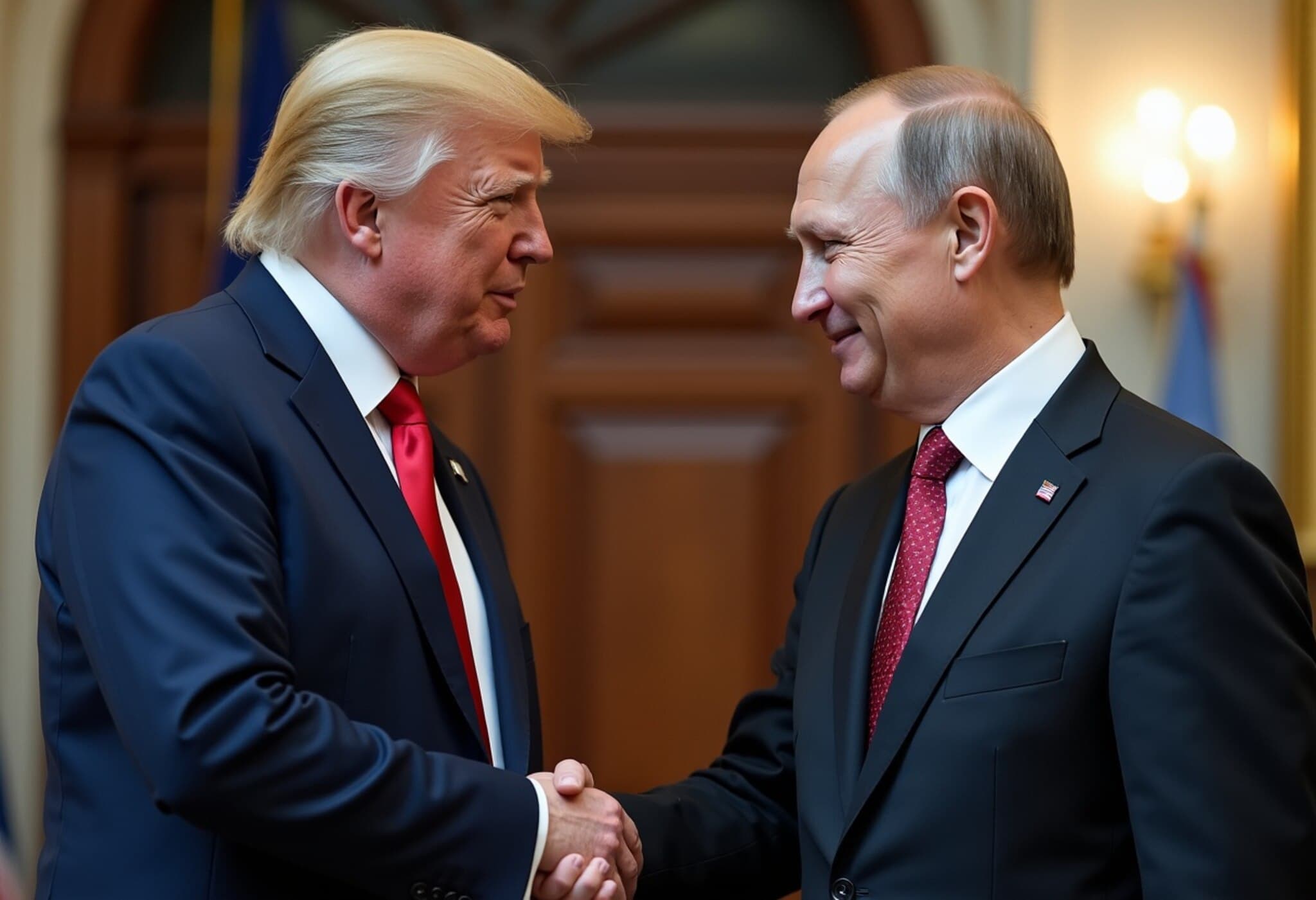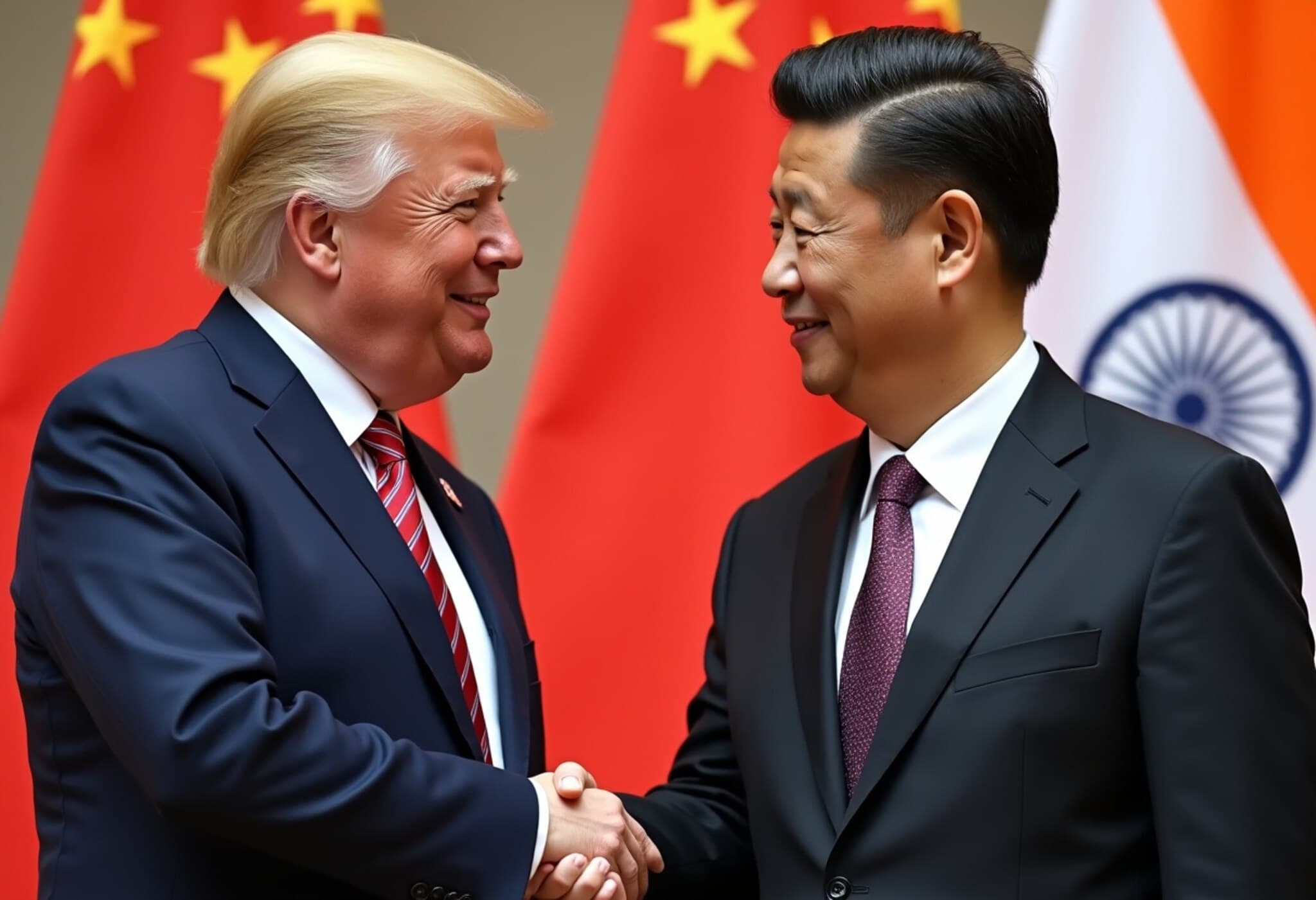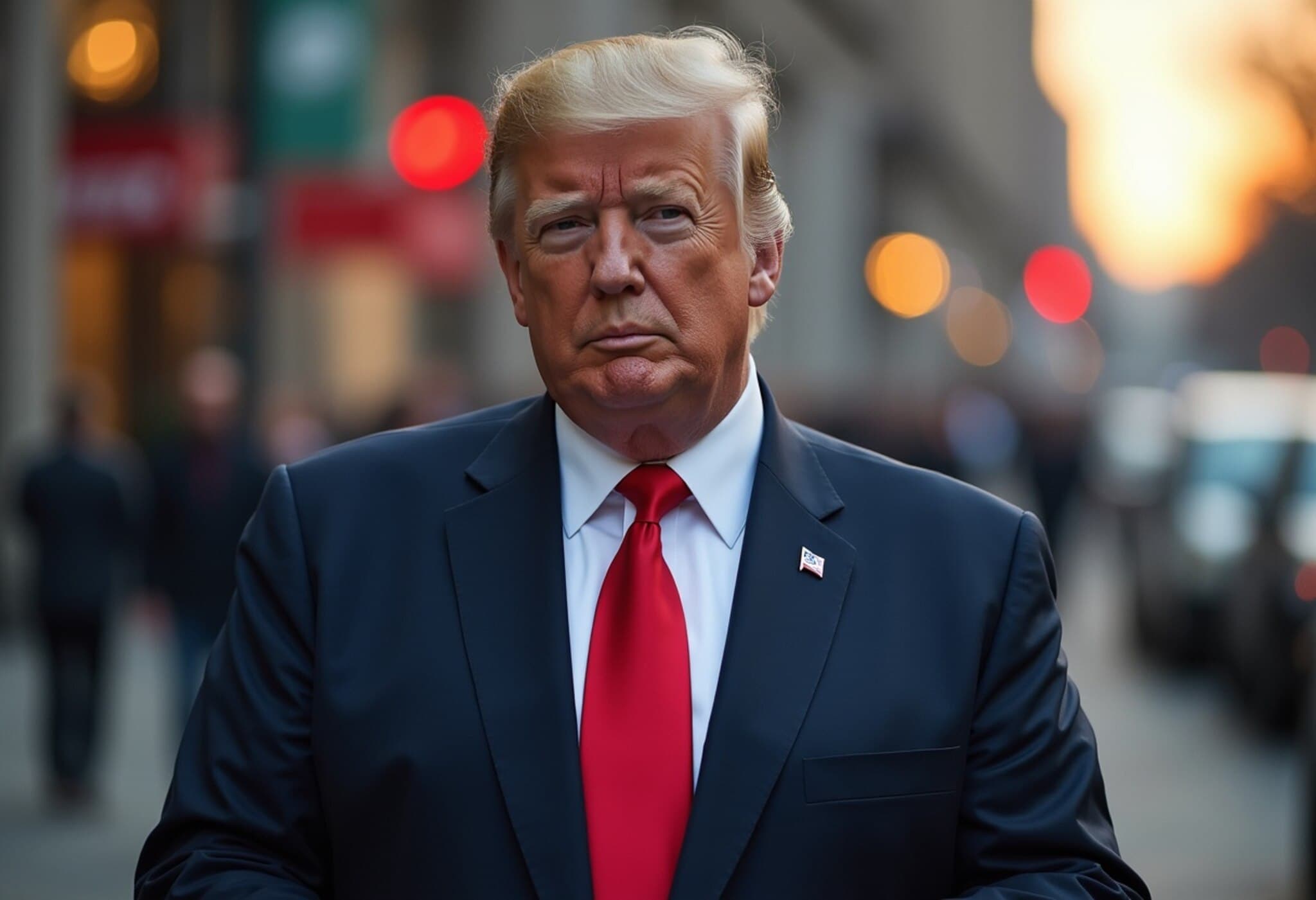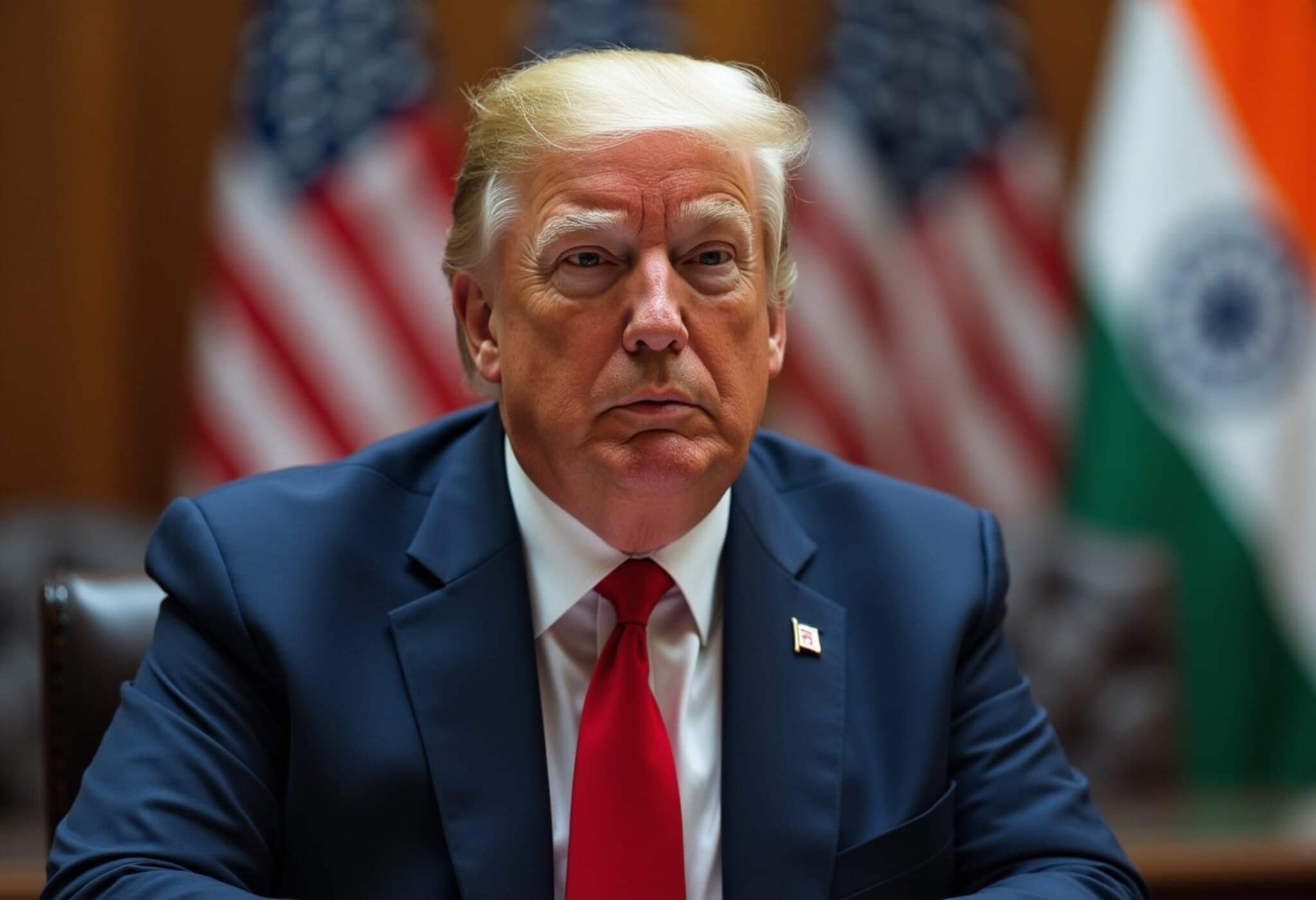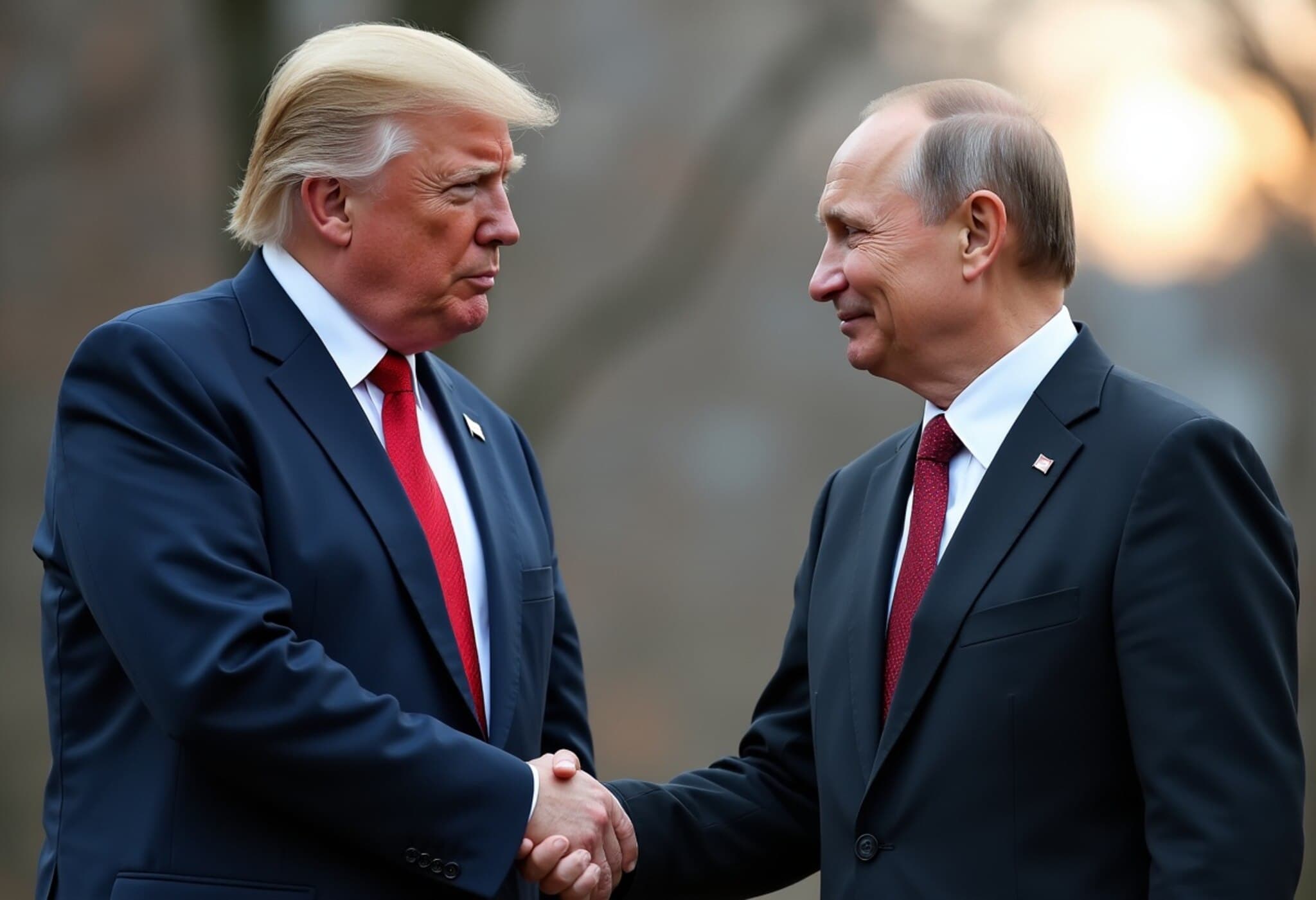Trump’s Diplomatic Tightrope: Veiled Warning to China Amid South Korea Talks
On August 26, 2025, President Donald Trump addressed a complex diplomatic balancing act from the Oval Office. Hosting South Korean President Lee Jae Myung, Trump praised the importance of maintaining a "great relationship" with China but issued a subtle yet stark warning about the economic leverage Washington holds over Beijing.
"We are going to have a great relationship with China… They have some cards. We have incredible cards, but I don’t want to play those cards. If I play those cards, that would destroy China. I am not going to play those cards," Trump remarked, underscoring the latent power Washington wields in the ongoing global economic chess match.
Understanding the Context: U.S.-China Tensions and Trade Tariffs
This statement arrives amid mounting tensions surrounding trade policies, particularly against the backdrop of U.S. tariffs targeting imports from various countries. Most notably, the United States plans to impose a 50% tariff on Indian goods starting August 27, citing India’s persistent purchase of Russian oil despite Western sanctions. Trump’s executive order explicitly states the tariffs are a direct response to India’s ongoing acquisition of Russian Federation oil.
India has vocally opposed this move, accusing the U.S. of unfairly singling it out, especially since numerous countries maintain varied relationships with Russia under their national interests. Intriguingly, while India faces steep tariffs for such imports, China—currently the world's largest buyer of Russian oil—continues to benefit from a more measured approach.
China’s Strategic Position and U.S. Policy Nuances
- Tariff Extensions: The White House recently extended China’s tariff deadlines by 90 days, delaying further punitive measures initially set for mid-August.
- Existing Duties: U.S. tariffs on Chinese goods involve an additional 20% fee related to fentanyl concerns atop a 10% base rate, totaling approximately 30%.
- Diplomatic Calculus: Treasury Secretary Scott Bessent described China's Russian oil purchases as "suboptimal" but stopped short of advocating for tariffs or harsher sanctions.
Experts note this tempered approach towards China contrasts sharply with firmer stances against other nations, reflecting the complexity of U.S.-China economic interdependence and its geopolitical ripple effects. “It’s a classic case of balancing deterrence with dialogue,” says Dr. Linda Chang, a specialist in international trade relations at Georgetown University. “The U.S. wants to signal strength without triggering a potentially catastrophic breakdown in critical supply chains.”
The Bigger Picture: Economic Power Plays and Global Influence
Trump’s rhetoric alludes to the vast economic "cards" the U.S. holds—ranging from sanctions, tariffs, technology restrictions, to control over key financial systems. While phrases like "destroy China" make headlines, the underlying message reveals the delicate diplomacy underway to manage a high-stakes rivalry without catalyzing an outright economic war.
Meanwhile, South Korea’s presence underscores the strategic importance of regional alliances amid shifting East Asian dynamics. As Beijing and Washington navigate this fraught relationship, allied nations like Seoul play pivotal roles as both partners and mediators.
Critical Questions Unfolding
- What are the long-term repercussions if the U.S. does decide to "play those cards" against China? Could this risk an economic decoupling with global consequences?
- How do the contrasting tariff approaches toward India and China influence perceptions of fairness and alliance reliability?
- What role can middle powers like South Korea play in bridging tensions or exacerbating rivalries?
Editor’s Note
President Trump’s statements deftly mix reassurance with subtle threat, reflecting the intricate and precarious dance of U.S.-China relations in 2025. While tariffs and sanctions are vital tools, their strategic deployment—or restraint—reveals broader calculations about global economic stability and geopolitical order. As policymakers weigh these decisions, the world watches closely, mindful that today’s economic diplomacy shapes tomorrow’s power balance.

